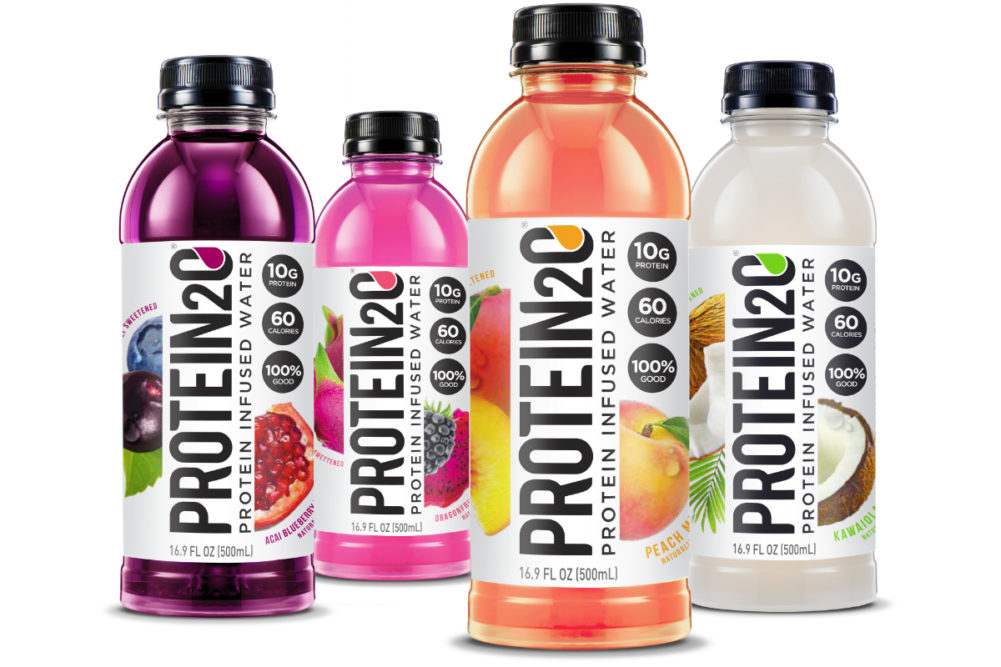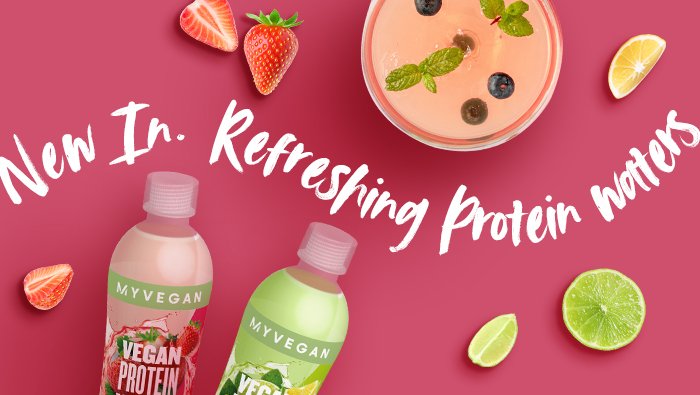Protein water, a convenient and hydrating way to supplement your protein intake, has become increasingly popular in recent years. This article delves into the world of protein water, exploring its potential benefits, associated risks, and tips on selecting the best option for your needs.

Table of Contents
The Benefits of Protein Water
- Convenience: Protein water offers a portable and convenient way to consume protein, making it ideal for post-workout recovery or on-the-go nutrition.
- Hydration: Unlike traditional protein shakes or powders, protein water helps you stay hydrated while meeting your protein goals, especially in situations where both hydration and protein are essential.
- Muscle Recovery: Protein is crucial for muscle repair and growth. Protein water delivers a quick and easily digestible protein source that can aid in post-exercise muscle recovery.
- Weight Management: High-protein beverages like protein water can help promote feelings of fullness, potentially aiding in weight management and reducing overall calorie consumption.
- Low Calories: Many protein waters are low in calories, making them suitable for those looking to increase protein intake without excess calories.
The Risks of Protein Water
- Added Ingredients: Some protein water brands may contain added sugars, artificial flavors, and preservatives. It’s essential to check the ingredient list for any unwanted additives.
- Price: Protein water can be more expensive per gram of protein compared to traditional protein powders or whole food sources like chicken or beans.
- Lack of Fiber: Protein water often lacks the dietary fiber found in whole food protein sources, which can contribute to feelings of fullness and digestive health.
- Taste and Texture: The taste and texture of protein water can vary, and some individuals may not enjoy the mouthfeel or flavor of certain brands.
How to Choose the Best Protein Water for You
- Check the Ingredients: Read the ingredient list carefully. Opt for protein waters with minimal added sugars and artificial additives. Look for clean and natural ingredients.
- Protein Content: Check the protein content per serving. Most protein waters contain around 15-20 grams of protein per bottle. Choose a protein water that aligns with your protein needs and dietary goals.
- Calories: Consider the calorie content. If you’re watching your calorie intake, choose a lower-calorie protein water.
- Taste and Flavor: Protein water can vary in taste and flavor. Experiment with different brands and flavors to find one that you enjoy.
- Sweeteners: Pay attention to the sweeteners used. Some protein waters use natural sweeteners like stevia, while others may contain artificial sweeteners.
- Brand Reputation: Choose products from reputable brands with a history of producing quality supplements.
- Dietary Restrictions: If you have dietary restrictions or allergies, ensure that the protein water you choose aligns with your needs. For example, some options are vegan or gluten-free.
- Consult a Nutritionist: If you have specific dietary goals or health concerns, consider consulting a nutritionist or healthcare provider for personalized guidance.

Protein water offers a convenient and hydrating way to increase your protein intake, making it an attractive option for many individuals. However, it’s essential to be aware of potential risks such as added ingredients and cost.
When selecting protein water, prioritize products with clean ingredients, suitable protein content, and flavors you enjoy. Remember that while protein water can be a valuable addition to your diet, it should be part of a balanced and varied approach to nutrition and fitness.


